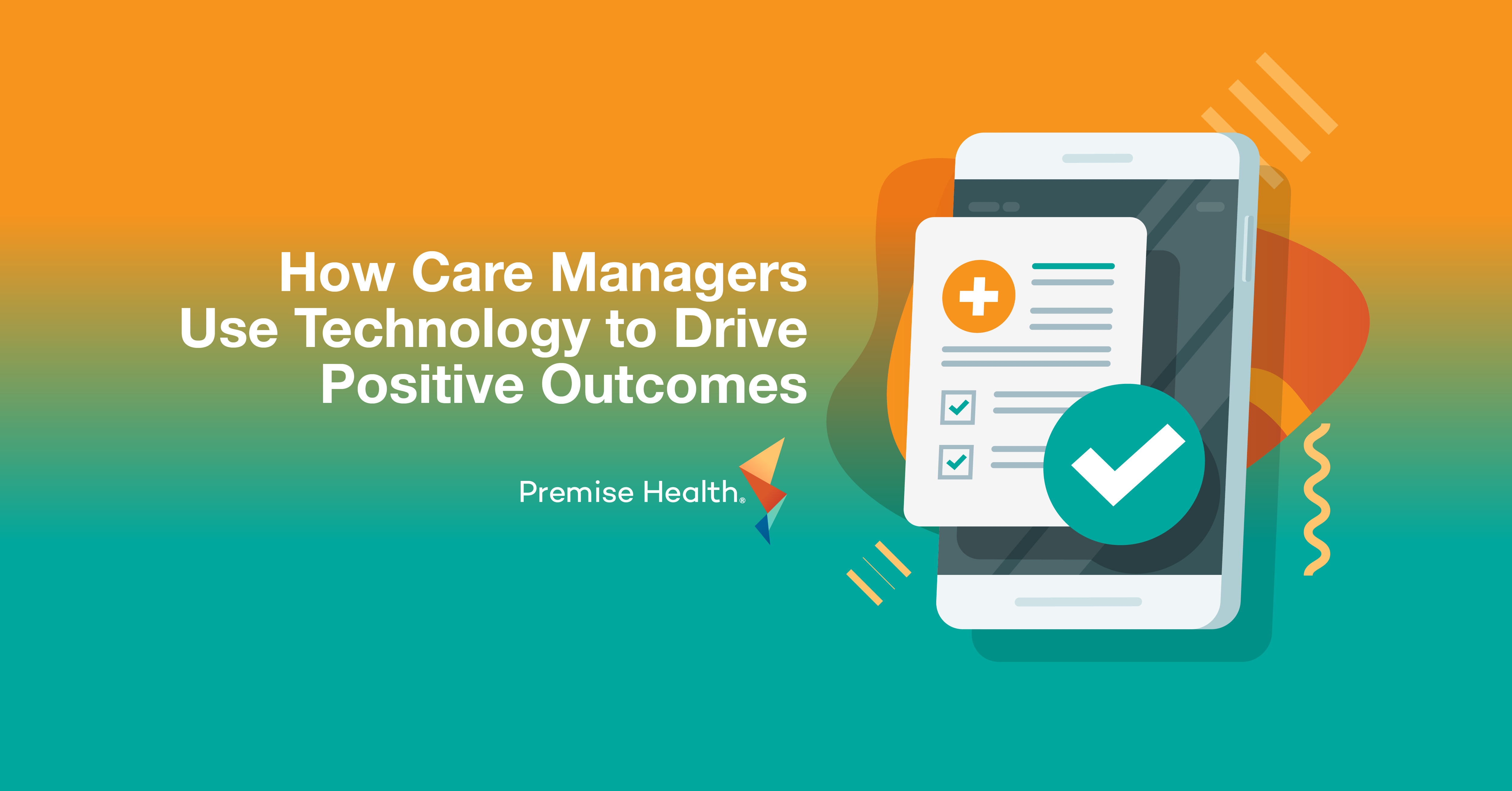Revolutionizing Chronic Condition Management with Onsite and Nearsite Pharmacies
Managing chronic conditions costs the U.S. an astounding 90% of its $4.5 trillion annual healthcare expenditure, and employers feel the sting, not just in their increasing healthcare spending, but also in hidden costs like absenteeism and lower productivity.
However, an unsung hero of condition and care management can offer employees and their families accessible support that bridges gaps between chats with their provider: Employer-sponsored pharmacies.
When employers offer clinical pharmacy services at workplaces or in the communities where their populations live, they open the door for members to add a friendly, accessible member to their dream team. In conjunction with care managers, these pharmacy teams can provide coaching, disease education, and the information that members need to take their medications as prescribed.

Coaching
One of the most significant benefits of having an onsite or nearsite pharmacist is the personalized guidance they can provide.
Pharmacists – especially in an exclusive wellness center – are one of the most visible parts of the care team. Members who manage chronic conditions with medications may see their pharmacist every 30 to 90 days, when they pick up refills for their prescriptions, in addition to visits to pick up over-the-counter supplies. Members don’t need an appointment to see their pharmacist.
That means that pharmacists have frequent, casual interactions with members where they can provide guidance on lifestyle changes that can alleviate the symptoms of chronic conditions, assuage concerns around treatment plans, or answer questions around medications. These quick check-ins can be essential to helping catch potential issues before they escalate into more significant health problems.
If a question or concern goes beyond what can be addressed at the pharmacy counter, pharmacy teams can also facilitate warm hand-offs to care managers, ensuring that members receive comprehensive support. This seamless transition between pharmacist and care manager helps create a cohesive care plan, making it easier for members to manage chronic conditions like arthritis, hypertension, and migraines effectively.

Education
When you think of your local pharmacist, you likely don’t think of them as a teacher, too. But pharmacists play a crucial role in educating members who are managing chronic conditions.
Consider this: Regular testing can help monitor changes in chronic conditions, track the emergence of comorbidities, and show providers how well a person is responding to treatment. For members managing conditions on their own, though, it may be hard to justify the time and discomfort to get tests done. Pharmacists can bridge the gap to help members understand the importance of regular testing for conditions such as diabetes, hypertension, and hyperlipidemia. As a result, members can get a better understanding of why these tests are necessary which can significantly impact a member’s willingness to comply with their healthcare regimen.
Pharmacists are also well-versed in the broader healthcare team, which allows them to offer insights to ensure members are getting the best care for their needs. Whether it’s finding a specialist for a particular condition or recommending lifestyle changes for better health, pharmacists serve as valuable resources for members.
By empowering members with knowledge and connecting them to the right healthcare professionals, pharmacists can help improve overall health outcomes and give members the information they need to make informed decisions about their health, leading to a higher quality of life.

Medication Adherence
Members often face barriers to taking their medications the way their provider has prescribed. Prohibitive costs, anxiety about administering medication, and concerns about side effects all keep people from taking their medications. But it goes without saying that proper medication usage is critical for managing chronic conditions effectively.
How can pharmacists help? As the experts on medication, pharmacists can provide members with easy-to-understand support for taking their medications correctly. Pharmacists ensure that any medication access barriers are addressed and overcome; whether they be financial, clinical, cultural, or related to other social drivers of health. Even better, they have multiple ways of doing so to make it more convenient for the member: By addressing them in person at the pharmacy counter or remotely via free, secure messaging. A combination of virtual and in-person touchpoints provides a convenient way for members to seek advice and support.
With pharmacists readily available, members have continuous access to professional advice, reducing the likelihood of medication non-adherence. This ongoing support helps members stay on track with their treatment plans, leading to better health for them and lower costs for their employers.
The Key to Cost Savings
Integrating onsite and nearsite pharmacies into chronic condition management programs can be a key cost-saver for employers looking to cut down on their healthcare spending. When members have accessible support for their chronic conditions through pharmacists, they make fewer trips to the emergency room and urgent care and spend less time in the hospital – cutting out some of the more expensive claims for organizations.
This also means that sick members spend less time off the clock. Better chronic condition management translates to fewer sick days and higher productivity, and when employees manage their health effectively, they are less likely to miss work due to complications from chronic conditions. The result is a happier, healthier workforce, improved engagement, and more effective organizations.
When pharmacy and condition management work hand-in-hand, everyone wins. Members receive better care, and employers see substantial cost savings. This collaboration is a vital component of advanced primary care, helping members manage their long-term, high-cost conditions and improve their overall health. Ready to provide your workforce with the tools they need for success? Get in touch today to learn more.
Next on industry insights.

Provider Dispensing and its Role in a Better Care Experience
Read the Blog
Clinical Quality at Premise: A Q&A With Meghan McManama, DNP
Read the Blog